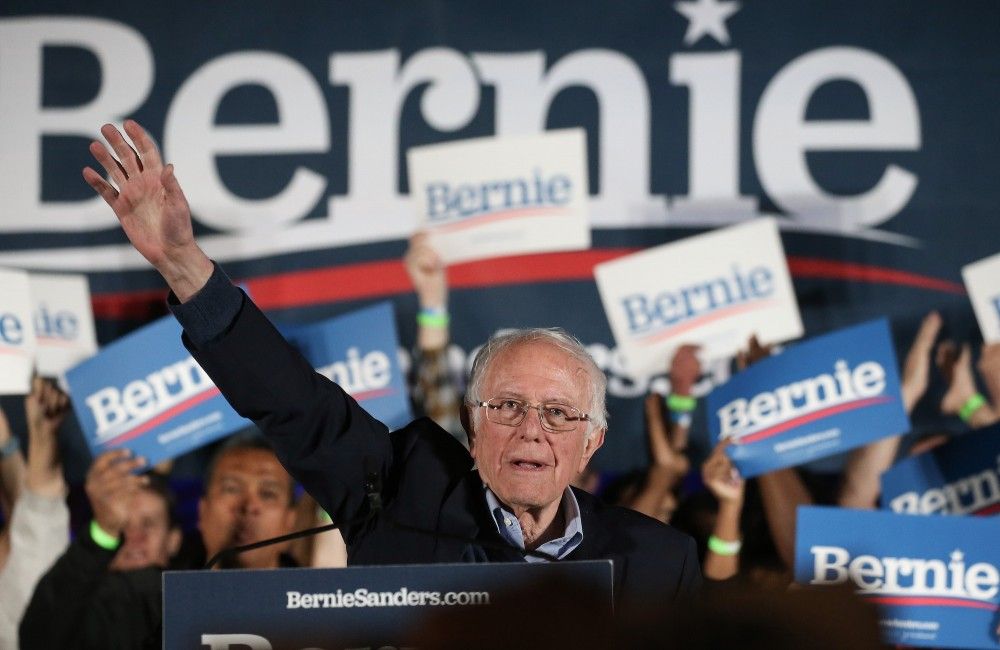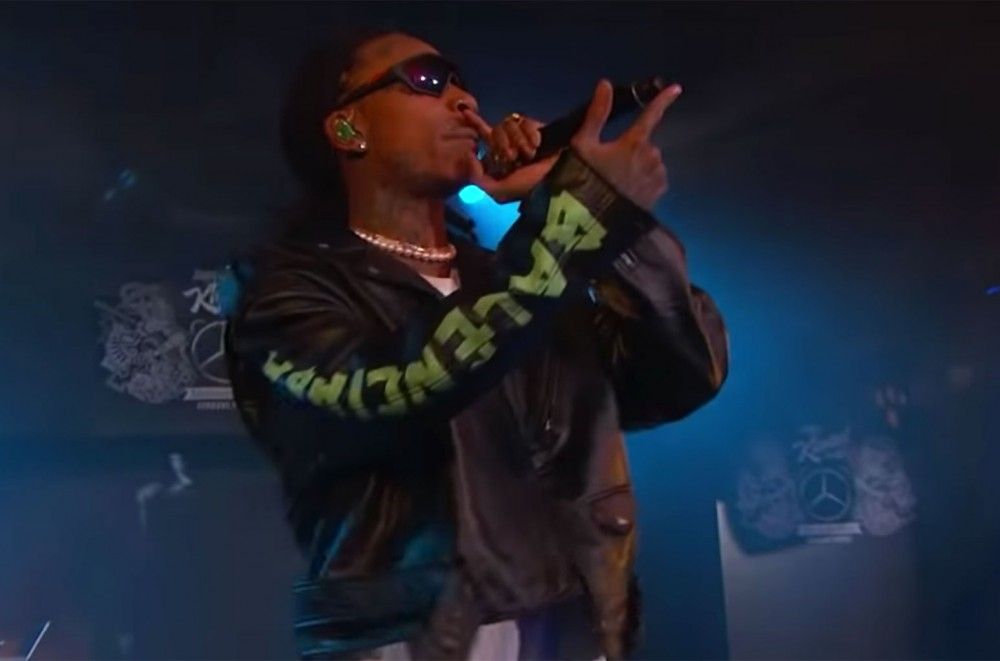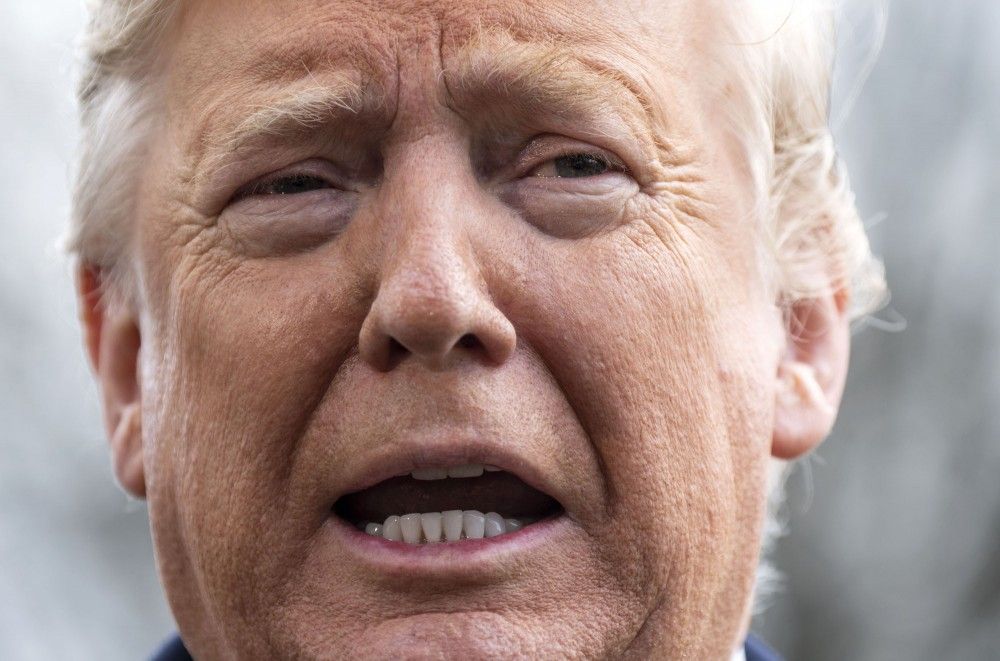
Is Bernie Sanders Unstoppable After Dominating the Nevada Caucuses?
is feeling the Bern. Fresh off popular-vote wins in Iowa and New Hampshire, has again racked up an early-state victory, this time in the Silver State. On the strength of support from younger voters and Hispanics, Sanders took Nevada in what appears to be a rout, likely besting the 13 point margin predicted by pre-caucus polling.
Sanders declared victory to an excited crowd in San Antonio, Texas. “I’m delighted to bring you some pretty good news,” Sanders said. “All of you know we won the popular vote in Iowa, we won the New Hampshire primary, and according to three networks and the AP, we have now won the Nevada caucus. In Nevada, we have just put together a multi-generational, multi-racial coalition which is going to not only win in Nevada, it’s going to sweep this country.”
We just won the Nevada caucus. This grassroots movement is unstoppable. Together, let's win the Democratic nomination, defeat Trump and transform the country! Join us live in San Antonio: https://t.co/XB1Ua14x8m
— Bernie Sanders (@BernieSanders) February 23, 2020
For Sanders, the caucus victory adds momentum to what’s beginning to feel like a runaway train. Barring a severe derailment in South Carolina, Sanders has unique advantages, as the early-state contests transition into a nationwide race. His locked-in base of support, grassroots infrastructure, prodigious low-dollar fundraising, and increasing resonance with voters of color make Sanders the best bet to clean up on Super Tuesday.
The youth vote was utterly lopsided: Sanders was the runaway favorite claiming 66 percent support from voters under 30, according to an entrance poll of caucus goers. Nevada is the first state with any true diversity to vote in the 2020 cycle. Sanders’ Latino backing was robust; he claimed 53 percent support. Sanders also registered 27 percent of support from black caucus goers, second only to , who received 36 percent. Underscoring why he may be tough for Trump to beat, Sanders also emerged as the wide favorite among white men without college degrees, at 42 percent.
Some of the entrance poll results upended pundit assumptions. For all the talk about moderates consolidating around a Sanders alternative, Sanders in fact received the most support from self-identified moderates and conservatives, 25 percent, beating out Biden (21 percent), Buttigieg (19 percent) and Klobuchar (13 percent). The candidate who bashes the “Democratic establishment” was also a hit among self-identified Democrats, 31 percent, and particularly with independents, winning 49 percent. (Only Buttigieg also registered in double digits with this demographic.)
Healthcare was the top concern among caucus goers. And as in New Hampshire, nearly 60 percent of Nevada voters said they support doing away with private insurance to institute universal healthcare like Medicare for All.
The Nevada contest was a gut-check for the non-Sanders candidates in the race.
Joe Biden, who is putting all of his eggs in the South Carolina basket, was less visible in Nevada than some competitors, but appears to have done better in Nevada than either Iowa or New Hampshire. His campaign is claiming a second place showing and vowing that “the Biden comeback” has begun in Nevada.
Based on our internal data, Biden will come in a strong second tonight in Nevada.
In the entrance polls, Biden won
✅the Af-Am vote
✅ voters over 65
✅ voters who oppose Medicare for All.Make no mistake: The Biden comeback starts tonight in Nevada.
— Greg Schultz ? (@schultzohio) February 23, 2020
, fresh off her televised evisceration of billionaire Mike Bloomberg, does not appear to have won a huge late surge in Nevada. In fact more late-deciding voters backing Sanders and Buttigieg, according to the entrance poll.
scored 2 percent support among black voters in Nevada, according to the entrance poll. His campaign is short of cash, likely to perform poorly in South Carolina — where black participation will be significant — and may have its best days behind it.
’s burning hatred for “perfect Pete” Buttigieg may be a new renewable energy resource, but that did not fuel a good result for the Minnesota senator, who failed to generate excitement with either black voters (3 percent) or Hispanics (4 percent) and came in third among the candidates vying for moderate attention.
Tom Steyer, who let’s face it you forgot was still running, appears to have had his best showing so far in Nevada. Steyer has invested more than $20 million in TV ads in South Carolina, where he is currently polling third behind Biden and Sanders, and the fate of his campaign will likely depend upon pulling off an upset victory there next Saturday.
Michael Bloomberg, whose net favorability ratings dropped 20 percent in some surveys after the Las Vegas debate on Wednesday, was not on the ballot in Nevada. That didn’t keep him from advertising heavily in the state ahead of the caucuses, a publicity push that included several high-profile billboards trolling President Trump.
But the story of Saturday’s results is Sanders, who now appears to be running away with the Democratic primary. If he can sneak out a victory in next Saturday’s South Carolina primary — where the gap between him and longtime frontrunner Joe Biden is shrinking by the day — it would be hard to imagine any other candidate marshaling the momentum necessary to overtake him. This may already be true after his dominating performance in Nevada.
This is a breaking news story and will be updated.



